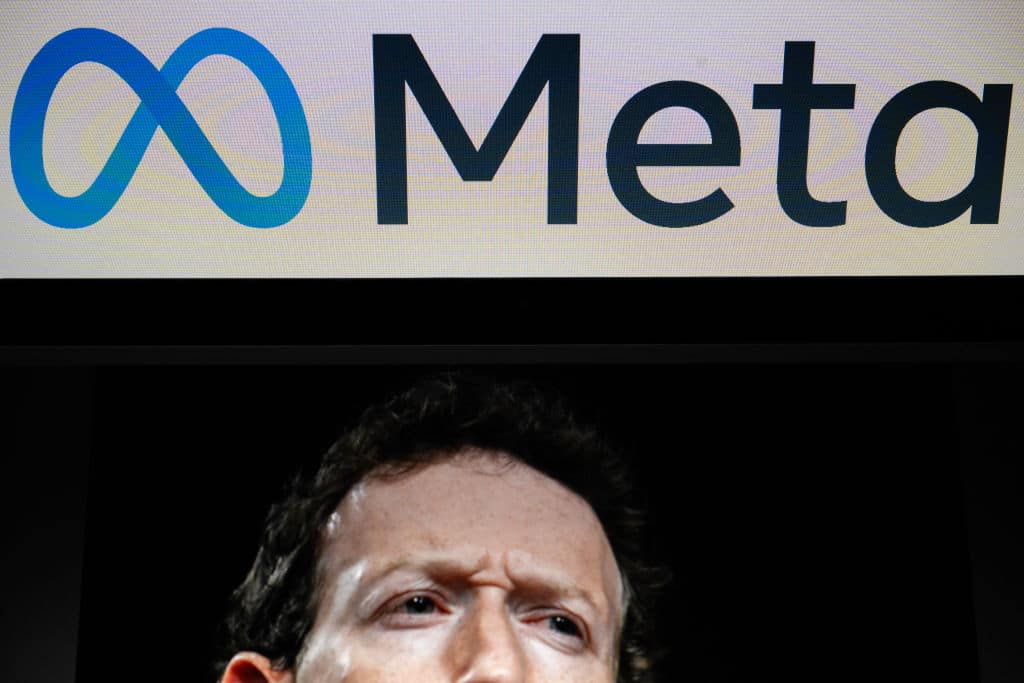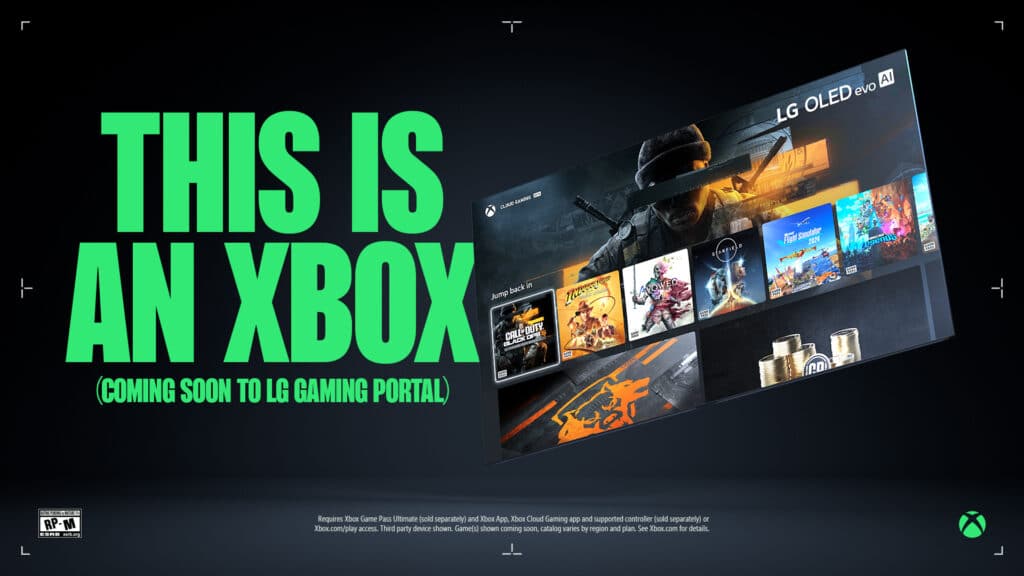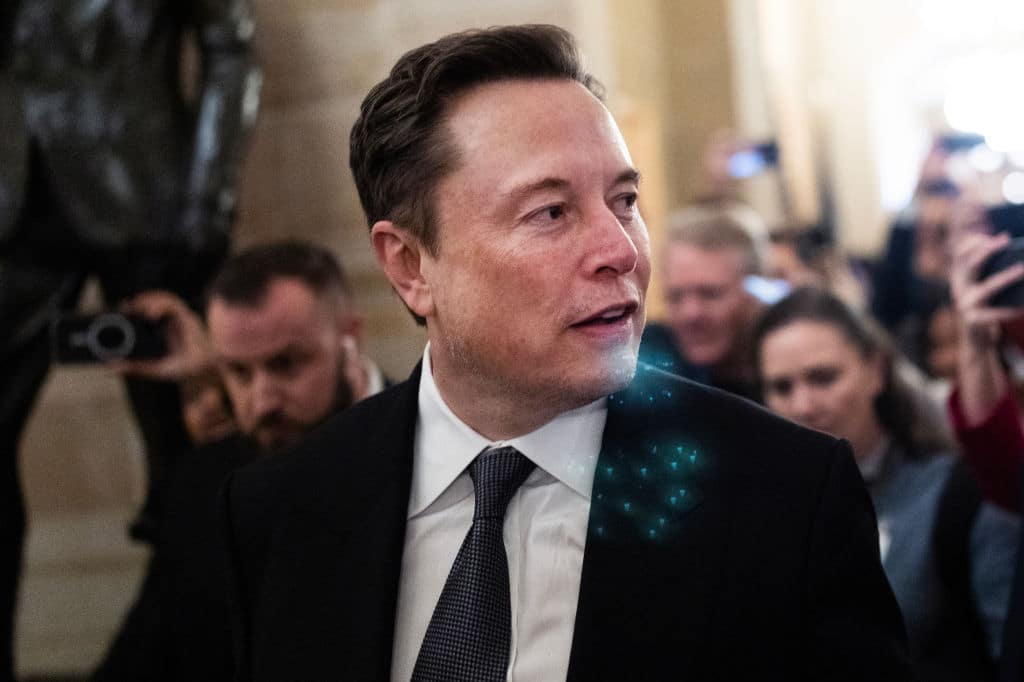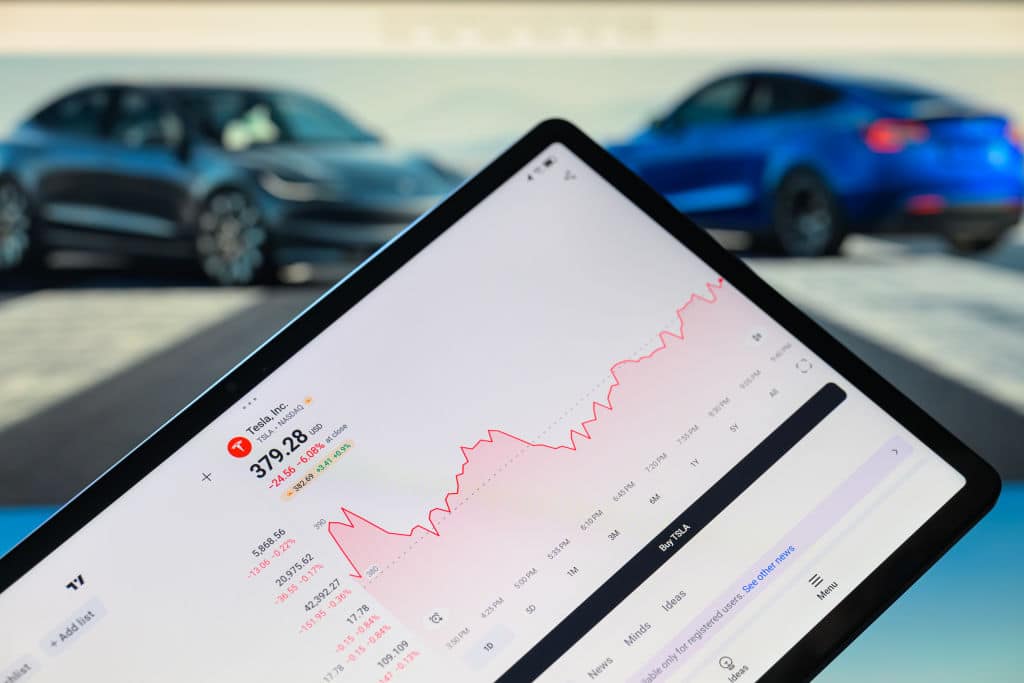tech
Page: 24
HipHopWired Featured Video
Source: Arrowhead Game Studios/ Sony Interactive Entertainment / Helldivers 2
Sony is all in on Hollywood and announced several projects based on its popular video game IP are on the way.
Building on the success of its hit HBO series, The Last of Us, and other movies, Sony announced at CES that film cameras would continue to roll as the company builds a strong portfolio of titles at PlayStation Productions.
During its CES presentation, Sony announced that popular PlayStation games, Horizon Zero Dawn and Helldivers, will get film adaptations while Ghosts of Tsushima will be developed into an anime.
Guerilla Games Horizon Zero Dawn has become one of PlayStation’s most popular IPs, spawning a sequel, Horizon Forbidden West, a PSVR2 title, Horizon Call of The Mountain, and most recently, LEGO Horizon Adventures.
Horizon Zero Dawn was initially supposed to be an animated series for Netflix, but the studio eventually scrapped it, and we now know why.
Helldivers II has become one of the biggest titles to launch on the PlayStation console in 2024 and continues to be a hit with fans as new content continues to be added to the live-service game. So it makes all the sense to drop a Helldivers movie, even though it will be a complete rip of the cult classic film Starship Troopers, which the game is an adaptation of.
Both Horizon Zero Dawn and Helldivers have no release dates.
Sucker Punch’s Ghost of Tsushima will be adapted into an anime series called Legends that will live on Crunchyroll and will be made by Demon Slayer: Kimetsu no Yaiba studio, Aniplex. It is set to release in 2027.
PlayStation Productions Lineup Is Strong
Horizon Zero Dawn, Helldivers, and Ghosts of Tsushima: Legends join God of War, which is coming to Prime Video. Twisted Metal, starring Anthony Mackie on Peacock, is in its second season. Box office hits include Uncharted, based on the Naughty Dog video game franchise, starring Tom Holland and Mark Wahlberg, and Gran Turismo, starring David Harbour.
We will be seated for every single project.
HipHopWired Featured Video
Source: NYVGCC / 2025 NY Game Awards
The nominees for the 2025 NY Game Awards have been revealed!
The next big night in gaming goes down in NYC on January 21 at the Paley Center when the 14th annual NY Game Awards return. On Tuesday, January 7, the nominees were revealed during a livestream featuring Hannah Telle (voice actor Max from Life is Strange: Double Exposure) and Logan Cunningham (voice actor Hades from Hades II) at the Paley Center for Media.
Speaking on this year’s strong list of nominees, Harold Goldberg, president and founder of NYVGCC, said, “2024 was another standout year for video games, and we’re thrilled to recognize these stunning projects at the 14th New York Game Awards on January 21. Our team of journalists, interns, and volunteers at NYVGCC look forward to hosting and honoring the many talented individuals who work in the video game industry. Get your tickets to join us for a truly special awards show!”
With that said, let’s get into the nominees. Team ASOBI, who ended the year strong by taking home numerous Game of The Year honors for their exceptional platformer, Astro Bot, could have a big night at the NY Game Awards, grabbing three nominations.
Big Apple Award for Best Game of the Year
Final Fantasy VII: Rebirth
Astro Bot
1000xResist
Indiana Jones and the Great Circle
Metaphor: ReFantazio
EA Sports College Football 25
Off Broadway Award for Best Indie Game
Tales of Kenzera: ZAU
Lorelei and the Laser Eyes
Balatro
I Am Your Beast
1000xResist
Thank Goodness You’re Here!
Herman Melville Award for Best Writing in a Game
Harold Halibut
Metaphor: ReFantazio
1000xResist
Life is Strange: Double Exposure
Phoenix Springs
Indiana Jones and the Great Circle
Statue of Liberty Award for Best World
Elden Ring: Shadow of the Erdtree
Tales of Kenzera: ZAU
Final Fantasy VII: Rebirth
Kunitsu-Gami: Path of the Goddess
Astro Bot
Indiana Jones and the Great Circle
S.T.A.L.K.E.R 2 Heart of Chornobyl
Tin Pan Alley Award for Best Music in a Game
Kunitsu-Gami: Path of the Goddess
Life is Strange: Double Exposure
Black Myth Wukong
1000xResist
Great White Way Award for Best Acting in a Game
Abubakar Salim as Zao, Zuberi and Griot Echo in Tales of Kenzara: ZAO
John Eric Bentley as Barret in Final Fantasy VII: Rebirth
Hannah Telle as Max Caulfield in Life is Strange: Double Exposure
Melina Juergens as Senua in Senua’s Saga: Hellblade 2
Troy Baker as Indiana Jones in Indiana Jones and the Great Circle
Humberly González as Kay in Star Wars Outlaws
Coney Island Dreamland Award for Best AR/VR Game
Batman: Arkham Shadow
Umurangi Generation VR
Skydance’s Behemoth
Silent Slayer: Vault of the Vampire
Central Park Children’s Zoo Award for Best Kids Game
Astro Bot
Super Mario Party Jamboree
Little Kitty, Big City
Sonic X Shadow Generations
The Legend of Zelda: Echoes of Wisdom
A-Train Award for Best Mobile Game
Rabbids: Legends of the Multiverse
Wuthering Waves
Zenless Zone Zero
Pokémon Trading Card Game Pocket
Freedom Tower Award for Best Remake
Soul Reaver 1 and 2 Remastered
Silent Hill 2
Paper Mario: The Thousand-Year Door
Final Fantasy VII: Rebirth
Age of Mythology: Retold
Persona 3: Reload
Chumley’s Speakeasy Award for Best Hidden Gem
Vampire Therapist
Mouthwashing
Llamasoft: The Jeff Minter Story
Mars After Midnight
Starstruck: Hands of Time
NYC GWB Award for Best DLC
Alan Wake II: Night Springs and The Lake House
Prince of Persia: The Lost Crown – Mask of Darkness
Elden Ring: Shadow of the Erdtree
Remnant 2: The Dark Horizon
Splatoon 3: Side Order
Diablo IV: Vessel of Hatred
Knickerbocker Award for Best Games Journalism
Duncan Fyfe
Alexis Ong
Grant Stoner
Mason Andrew Hamberlin
Edwin Evans-Thirlwell
Simone De Rochefort & Clayton Ashley
The nominees for this year were revealed after it was announced that Remedy’s Sam Lake is taking home the Andrew Yoon Legend Award, one of the night’s biggest awards.
There will also be a performance by Mega Ran, who will debut a brand-new original song for the NY Game Awards.
It’s a night you don’t want to miss if you’re a fan of video games, and if you want to be in the building, you can purchase tickets by heading to Eventbrite. Reserved seats cost $80. If you want to attend the afterparty to rub shoulders with the winners and enjoy some free drinks, it will cost $100. Proceeds from the New York Game Awards help fund NYVGCC’s educational efforts and programs for 2025.
If you can’t attend, don’t worry; IGN is an official media sponsor and will stream the show on its channels.
For more information on the NY Video Game Critics Circle and the critical work they do to ensure inner-city youth can find their way in the game journalism space, you can head here.
HipHopWired Featured Video
Source: Treyarch / Call of Duty: Black Ops Cold War
It’s no secret that making AAA video games has become expensive for game studios, but we have no idea how much coins are needed to bring some of the biggest titles to players. A new report has revealed how much Activision spent to develop several Call of Duty games, and the amount is eye-watering.
Stephen Totitlo of Game File exclusively reports that Activision dropped a BIG BAG on three top-selling Call of Duty games in the franchise, a court filing reviewed by Game File revealed.
In the court filing, which is part of a declaration filed to a California court on December 23 in response to a lawsuit filed against Activision in May 2022 in connection with the 2022 school shooting at Robb Elementary in Uvalde, Texas, Patrick Kelly, Activision’s current head of creative on the Call of Duty franchise, revealed that three titles in the first-person shooter franchise between 2015 and 2022 cost between $450 and $700 million to make.
Of the three titles, 2020’s Black Ops Cold War cost the most. Activision spent over $700 million to develop it, selling 30 million copies.
Those numbers are the highest development costs ever reported for a video game, easily topping the roughly $220 million spent on Naughty Dog’s The Last of Us: Part II. We only learned about this in 2023 when a poorly redacted court filing went viral online.
Per Game File:
Black Ops III (2015): “Treyarch developed the game over three years with a creative team of hundreds of people, and invested over $450 million in development costs over the game’s lifecycle.” (Kelly also discloses that it has sold 43 million copies.)
Modern Warfare (2019): “Infinity Ward developed the game over several years and has spent over $640 million in development costs throughout the game’s lifecycle.” (41 million copies sold)
Black Ops Cold War (2020): “Treyarch and Raven Software took years to create the game with a team of hundreds of creatives. They ultimately spent over $700 million in development costs over the game’s lifecycle.” (30 million copies sold)
According to Game File, Kelly explicitly named those three titles and their budgets in the lawsuit because the shooter was an avid player of them.
That’s a lot of money, but are we shocked? Not in the least bit.
Also, it’s time people stop blaming video games for real-life behavior; just saying.
HipHopWired Featured Video
Source: Xbox / LG Smart TVs
Yup, that’s right, your new LG Smart TV is now an Xbox. Microsoft announced at CES 2025 a partnership with LG Electronics to bring the Xbox app to select LG Smart TVs as part of its push, allowing players to play Xbox games on devices not called a Series X or S.
Soon, gamers will be able to enjoy titles like Call of Duty: Black Ops 6, upcoming releases like Avowed (launching February 18, 2025), and hundreds of others via Game Pass Ultimate on the television’s Game Portal.
“We are thrilled to announce the partnership with Xbox, which aims to enrich the gaming experience on LG Smart TVs with a broader selection of popular games,” said Chris Jo, senior vice president of platform business at LG Media Entertainment Solution Company. “The Gaming Portal will provide users with a seamless, convenient, and exciting way to enhance the gaming experience on LG Smart TVs.”
“Our partnership with LG will help players easily discover and play games through the new Gaming Portal on LG Smart TVs,” said Lori Wright, Corporate Vice President of Xbox. “We’re fortunate to have a great partner in LG who will bring Xbox Cloud Gaming to more players, letting new and longtime Xbox’ers find their favorite games and play with friends across screens.”
Xbox Is Dead Serious About It’s New Vision
This latest move comes as Microsoft launches its new “This is an Xbox” campaign. The campaign aims to sell gamers on the idea that their smartphones, gaming laptops, handheld gaming systems, and smart TVs are all Xbox consoles.
Team Green has straightforwardly changed its company approach, ditching exclusivity by bringing games like Indiana Jones and the Great Circle, Hi-Fi Rush, and other future Xbox exclusives to the PS5 and Nintendo Switch.
Depending on who you ask, the decision is either good or a slap in the face, but with the PS5 currently torching the Series X in sales, Microsoft had no choice.
HipHopWired Featured Video
CLOSE
Source: Tom Williams / Getty / Elon Musk
Elon Musk announced that his platform X will undergo more changes because he feels “too much negativity” is being pushed on it. Hilariously, he continues to be one of the culprits.
Phony Stark, aka Elon Musk, posted on his fledgling platform that an “algorithm tweak” was coming in response to “too much negativity” on X timelines.
Musk, who reluctantly purchased Twitter in October 2022, said in a post on his X account that he wanted to “maximize unregretted user-seconds. “Keep in mind Mr. Positivity also reinstated accounts of conservative accounts notorious for pushing negativity, like his new buddy President-Elect Donald Trump, who was banned on multiple social network platforms for inciting the January 6 riots at the capitol.
“Algorithm tweak coming soon to promote more informational/entertaining content. We will publish the changes to @XEng Our goal is to maximize unregretted user-seconds. Too much negativity is being pushed that technically grows user time, but not unregretted user time,” Musk wrote.
What made Musk’s announcement hilarious is that not too soon after it, he became one of the people he was trying to squash on X.
In response to a post from Joni Askola, a Finnish PHD candidate, that said, “Elon Musk is rapidly becoming the largest spreader of disinformation in human history, hijacking political debates in the process. The EU must take action!,” In reply to the post Musk wrote “F u retard.”
F u retard
— Elon Musk (@elonmusk) January 6, 2025
https://platform.twitter.com/widgets.js
So much for positivity.
Social Media Roasts Elon Musk
Social media has also criticized Musk for not being able to practice what he preaches on his own platform.
“I understand Elon Musk wants positive posts here now. So I’m positive that Elon Musk is a f***ing idiot,” one user on X wrote.
Another post read, “This would mean something if X wasn’t the home of some of the most racist, homophobic, ignorant trolls and Russian bots on the planet.”
Welp.
The gallery below contains more reactions to Elon Musk’s announcement and his failure to practice what he preaches.
1. This X user is on to something
2. Maybe this post will be pushed due to its positivity
5. Possible jig spotted
6. Well damn
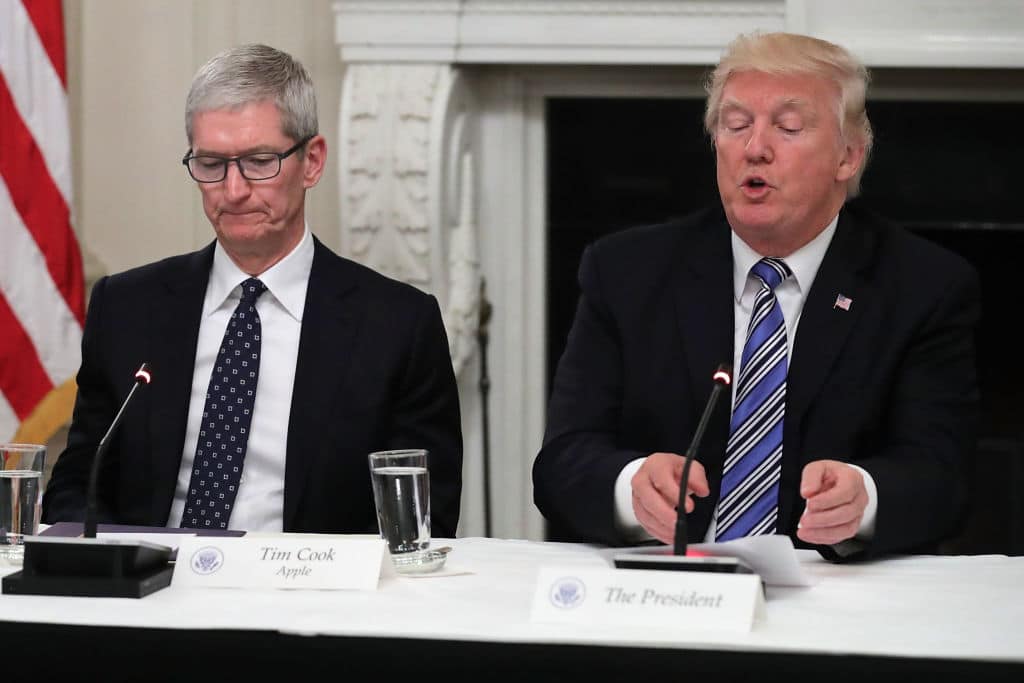
HipHopWired Featured Video
CLOSE
Source: Chip Somodevilla / Getty / Apple / Tim Cook
You can now add Tim Cook to the growing list of big tech CEOs who have decided to kiss the orange menace, Donald Trump’s ring.
Donald Trump just got $1 million from Tim Apple, oops, we mean Tim Cook, for his upcoming inauguration, Axios exclusively reports.
According to the website, Cook will personally donate the money to President-elect Donald Trump’s inaugural committee, according to sources close to the matter told Axios.
Axios reports the donation “reflects a long, collaborative relationship between Trump and Cook that included many meetings during Trump’s first term, and dinner at Mar-a-Lago last month.”
Sources told Axios that the Alabama native’s reasoning for the $1 million donation is that he believes the inauguration—which Trump famously skipped out on because he’s a sore loser and pushed the big lie that the 2020 election was stolen from him—continues to be a great American tradition, and his generous gift is in the spirit of unity.
Axios also notes that Apple, a massive contributor to the US economy and the largest taxpayer in the country, will not be sending Orange Mussolini any money.
Cook joins other big tech CEOs, such as Amazon’s Jeff Bezos, Meta’s Mark Zuckerberg, Uber, and OpenAI CEO Sam Altman.
Tim Cook Is Getting Cooked
While he means well, social media is not trying to hear about “unity,” especially regarding the divider-in-chief who makes it his business to sow discord and push conspiracies.
Senator Elizabeth Warren didn’t bite her tongue to the news, writing in a post on X, formerly Twitter, “It’s no secret why Apple’s CEO is sucking up to Donald Trump: Republicans are planning more corporate tax cuts that would give Apple an extra $2.7 billion in handouts.”
It’s no secret why Apple’s CEO is sucking up to Donald Trump: Republicans are planning more corporate tax cuts that would give Apple an extra $2.7 billion in handouts. https://t.co/mzMM3tl2WT
— Elizabeth Warren (@SenWarren) January 4, 2025
https://platform.twitter.com/widgets.js
Warren is not alone in cooking Tim Cook on X. The gallery below shows more reactions.
1. We all collectively considered chucking our iPhones at the news of Tim Cook’s donation
2. A worthy headline to perfectly describe what is going on
3. Damn Tim, they calling you a sellout
6. Ruh Roh
7. It might be
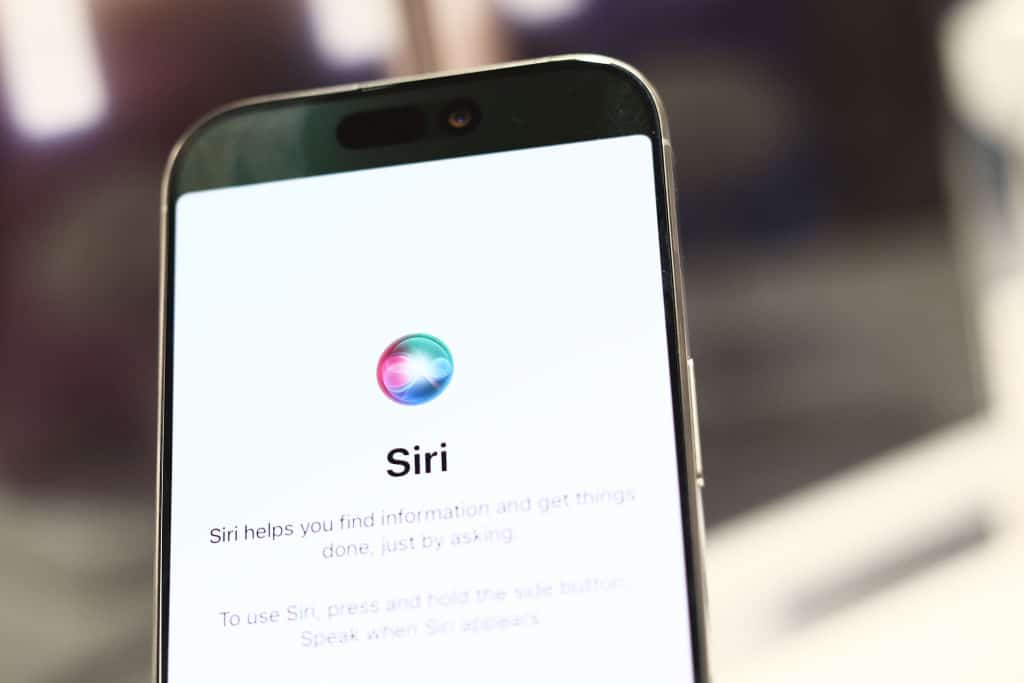
HipHopWired Featured Video
Source: NurPhoto / Getty / Apple / Siri
If Siri recorded your private conversation, you can expect a payment as part of a $95 million Apple settlement agreement.
Spotted on The Verge, Apple has agreed to a $95 million settlement with users whose conversations were “inadvertently” recorded by Apple’s intelligent voice assistant, Siri, and listened to by human employees.
Bloomberg reports that pending approval by a judge, eligible parties could receive up to $20 per device for up to five Siri-enabled devices.
Per The Verge:
If approved, the settlement would apply to a subset of US-based people who owned or bought a Siri-enabled iPhone, iPad, Apple Watch, MacBook, iMac, HomePod, iPod touch, or Apple TV between September 17th, 2014 and December 31st, 2024. A user would also need to meet one other major criteria: they must swear under oath that they accidentally activated Siri during a conversation intended to be confidential or private. Individual payouts will depend on how many people claim the money, so if you apply, you could end up receiving less than the $20 maximum cap.
The Origins of The Class Action Lawsuit
The class action lawsuit against Apple began as a result of the 2019 report from The Guardian claiming Apple third-party contractors “regularly hear confidential medical information, drug deals, and recordings of couples having sex” while working on Siri quality control.
A whistleblower revealed that even though Siri activates using wake words, there were occasions where that was not the case, noting something as simple as the sound of the zipper could activate Siri.
In response to The Guardian’s report, Apple said only a few Siri recordings go to contractors. It also apologized and vowed to stop keeping recordings.
In the lawsuit, a minor and other plaintiffs said that Siri recorded them on various occasions, sometimes without them even saying a word.
Apple is not alone. Google is also involved in a similar lawsuit.
HipHopWired Featured Video
Source: NurPhoto / Getty / Tesla
Elon Musk has proudly hitched his electric wagon to the Trump train, but could that spell the end for his EV dominance? Recent financial numbers hint at some potential hard times ahead.
Spotted The Verge, Tesla’s 2024 delivery numbers are not looking good. For the first time, the company reported that sales had fallen year over year.
The website reports Musk’s EV company produced 1.77 million vehicles in 2024, a 4% drop from the previous year. Tesla also delivered 1.79 million cars this year, 1% less than in 2023, while deploying 31.4 GWh in energy storage.
There were some silver linings. Tesla reported a record fourth quarter for deliveries, with 495,570 vehicles arriving in customers’ driveways. The EV company also delivered 11 GWh of energy storage products, which it claims was also a record.
Tesla also produced 459,445 vehicles, mostly Model 3s and Ys, in 2024.
Q4 2024
Production: 459,445
Deliveries: 495,570
Energy storage deployments: 11 GWh
A record for both deliveries & deployments
–
Full year 2024
Production: 1,773,443
Deliveries: 1,789,226
Energy storage deployments: 31.4 GWh
→ https://t.co/YF9iWpPuud
— Tesla (@Tesla) January 2, 2025
https://platform.twitter.com/widgets.js
More Bad News For Tesla
Despite the late rally, Tesla flopped in 2024, falling short of its 2023 numbers. Donald Trump’s newest rump kisser, Elon Musk, warned of hardship for his company due to increased competition and a stale lineup of vehicles.
Even the world’s ugliest vehicle, the Cybetruck, and its “popularity” wasn’t enough to help Telsa have a good year.
According to Wedbush’s Dan Ives, despite breaking records, Tesla did not meet Wall Street’s target of 504,800 vehicle deliveries, resulting in a roughly 5 percent drop in the company’s stock price.
How does the company move forward under the Trump administration, which has made it clear he is not a fan of the incentives given to potential EV buyers? Begs the question? Why would Musk align himself with someone who would hurt his business in the first place?
We are intrigued to see if Musk and Tesla will face consequences in the future for allegiance to the MAGA movement.
HipHopWired Featured Video
Source: Apple / Apple Vision Pro
This news shouldn’t shock anyone, but many people did not spend $3,500 on the Apple Vision Pro headset, and now, reportedly, the company that Steve Jobs built is sitting on a stockpile of the device and will no longer be producing it.
According to a report by The Information, initially published in October 2024 and broken down by Kotaku, Apple supplied enough parts for 500K Vision Pro headsets in October but only sold around 370K units.
The failure to meet sales estimates meant that “tens of thousands of undelivered parts” were sitting in the warehouse and would no longer be needed.
The report states that Apple has manufactured enough parts to meet the Vision Pro’s expected lifetime sales, which fell short of initial projections.
Eurogamer points out that the current numbers align with a report published by the UK Financial Times last summer, where components suppliers claimed they expected to make fewer than 400k units.
Per Eurogamer:
That same report claimed Apple had significantly scaled back its internal sales targets for the headset due to production difficulties, after previously expecting at least 1m sales in 2024.
Apple has reportedly struggled to easily produce the Vision Pro’s two micro-OLED displays for each eye, as well as the device’s outward facing lens.
Welp.
Apple Should Have Saw This Coming
The writing was on the wall when Apple unveiled the Vision Pro. During the reveal event, a video of the crowd reacting to the $3,500 price tag immediately went viral, and should have let the tech selling the device would not be as easy as pushing a yearly iPhone model on its loyal customers.
While it was a valiant attempt, Apple took amassivee swing in the market with its spatial computing device but couldn’t compete with Meta, which has found a sweet spot with the $300 to $500 price points for its Meta Quest headsets.
Apple is still reportedly working on a much more affordable version of the Vision Pro, but based on this news, we don’t expect to see it any time soon.

 State Champ Radio
State Champ Radio 
